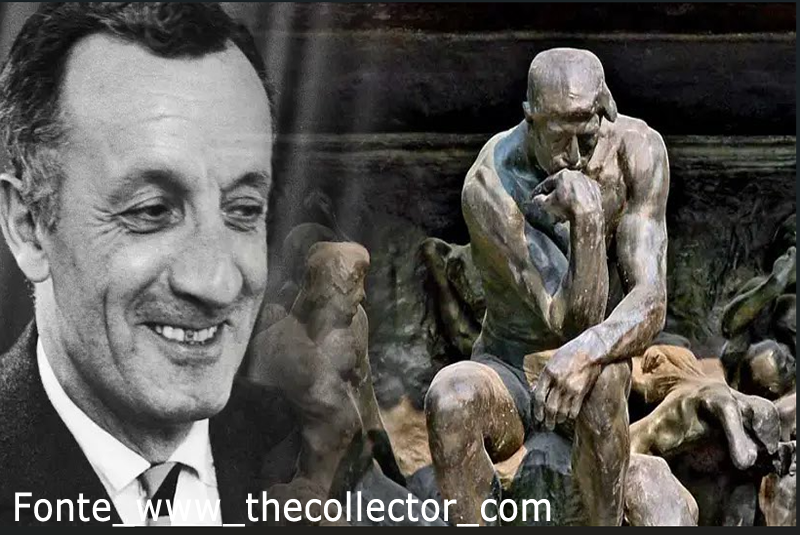
If, as we saw in the last blog, it is rather hazardous to talk of “the personalist paradigm”, this is even more the case with the term “the phenomenological paradigm”. There are two main reasons for this: first, because there is much discussion about what actually constitutes phenomenology; second, because however we understand it, phenomenology operates not with one but with a range of paradigms (the Dasein of Heidegger is a long way from l’autre of Levinas!). Still, if we take a paradigm to be “a comprehensive, prescriptive model for collective living” it is possible to find examples of authors who apply a phenomenological paradigm to the human person as a relational being. One outstanding example of this approach can be found in the thought of Merleau-Ponty (1908-1961) when he reflects on what he calls intersubjectivity.
Before taking a closer look at this line of thought, it will be useful to locate it in its broader philosophical context. The place to begin is with the thought of Edmund Husserl (1859-1938), usually recognised as the founding father of phenomenology. For Husserl, phenomenology was a revolutionary new science that aspired to overcome some of the flagrant weaknesses of modern, empirical sciences. The greatest lack that he denounced in these sciences was their lack of attention to subjective human experience. In attending to human experience, phenomenology had to confront the problem of solipsism, meaning the inability of a human being to access directly any experience other than his (her) own.
Inspired by the radical thought of Husserl in general terms, Merleau-Ponty took up the question of the possibility of intersubjectivity in a section of his famous work The Phenomenology of Perception (1945). Whereas Husserl had tried to find a solution to the problem of solipsism by considering the behaviour of one human being as analogous to that of another, Merleau-Ponty seeks this solution in his understanding of intersubjectivity. It is precisely this view of intersubjectivity that constitutes a kind of phenomenological paradigm in the sense indicated above.
In order to understand Merleau-Ponty on intersubjectivity we must first try to understand him on subjectivity. The essence of the human subject for Merleau-Ponty is openness, meaning primarily the openness of the five senses that makes possible our perception of the world. The human subject is conscious not only of the external world but also of himself as seeing, hearing, touching, smelling and tasting this world. Phenomenology is the science that studies how the human subject on the basis of this primordial experience moves toward an articulation of the sense of his existence in the world.
Merleau-Ponty’s main contribution on the question of intersubjectivity concerns his realization that from the beginning human beings share an experience of the world. It is not that a human subject develops himself as a transcendent subject and then decides to enter into relationship with other subjects (this would indeed lead to solipsism). It is rather that he comes to discover himself as a subject primarily through his interaction with other subjects in a shared world. The basis of this interaction is the human body as lived by the subject and as observed in the behaviour of others. To bring out the importance of the body in this interaction Mearleau-Ponty speaks not just of intersubjectity but of intercorporeality (intercorporéité).
On the basis of these brief notes we can at least venture an initial explanation of the phenomenological paradigm of Merleau-Ponty: this consists in taking the openness of the human body toward the world as a starting point upon which to build an understanding of consciousness, which proves to be from the beginning intersubjective and intercorporeal.
Merleau-Ponty usually talks of “subject” or “conscience” (in the French sense of consciousness in general) rather than of “person”. This is somewhat strange as he had quite a close relationship over years with Emmanuel Mounier, a champion of personalism as we saw in the last post. One of the objectives of the transdisciplinary course will be to better understand this hesitancy, which is shared by many others in phenomenology. The seemingly innocuous term “person” may mask more philosophical quandaries than at first meet the eye…
p. Martin McKeever, CSsR

Nessun commento